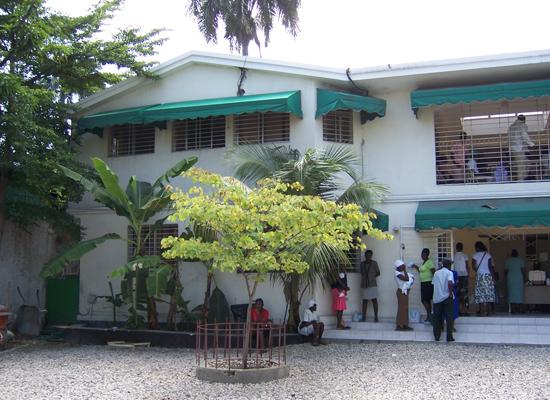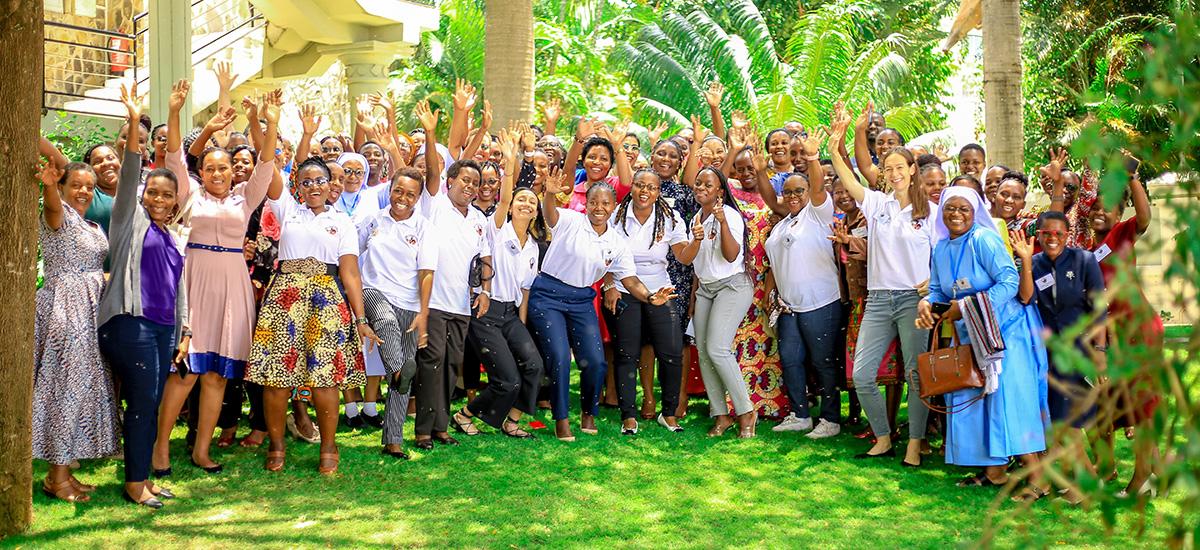The Center for Global Health collaborates with international partners to improve the health of people in resource-poor countries through research, training, and service. The Center is based in the Weill Department of Medicine and engages faculty, fellows, and students at Weill Cornell Medicine and Cornell University who are interested in addressing issues of global health inequality through multidisciplinary approaches.
The center has 17 core faculty members and more than 30 collaborating faculty, and it has received continual support from the National Institutes of Health for research and training for four decades. Major international partners and the year of initial collaboration are:

- The Federal University of Bahia and Fiocruz in Salvador, Brazil (1964)
- GHESKIO in Port-au-Prince, Haiti (1982)
- Weill Bugando School of Medicine in Mwanza, Tanzania (2003)
- BJ Medical College in Pune, India (2009)
The Center’s faculty, fellows, and students conduct research to address major health problems afflicting people in resource-poor countries. Investigators determine the magnitude and root causes of health problems and then design, test, and implement life-saving interventions. For example, Weill Cornell Medicine faculty in Haiti identified and described the first cases of AIDS in a developing country in 1982. They then conducted clinical trials of new HIV prevention strategies and treatments. Thirty-five years later, the prevalence of HIV in the general population of Haiti has dropped from 6% to below 2%. 70% of people with HIV are now on effective treatment.
Education is central to the Center for Global Health, which provides classroom, laboratory, and field training to students and postdoctoral fellows from Weill Cornell Medicine, Cornell University, and international partners. Weill Cornell Medicine faculty members who are based overseas coordinate the teaching and training of international and WCM students, interns, and residents at international sites. The Center also supports international scholars who study at Weill Cornell Medicine in New York while continuing research projects in their home countries. We have had 24 physicians from Brazil, Haiti, Tanzania, and India receive a Weill Cornell Medicine M.S. degree in clinical epidemiology over the past ten years.
All of our international partners provide health care to the poor in their countries. For example, Weill Bugando physicians staff the 800-bed referral hospital for Western Tanzania, which serves a population of 15 million people. Weill Cornell Medicine physicians provide clinical training and bedside teaching, in addition to responding to natural disasters and public health emergencies such as earthquakes, hurricanes, cholera epidemics, and anthrax outbreaks.
Going forward, the Center will continue research in its areas of strength—HIV/AIDS, tuberculosis, and infectious diseases—while expanding its efforts to encompass maternal-child health and cardiovascular disease. It is also strongly committed to increasing the ranks of early-career faculty engaged in global health research and to supporting initiatives designed to remove the barriers that women may face in global health leadership.



